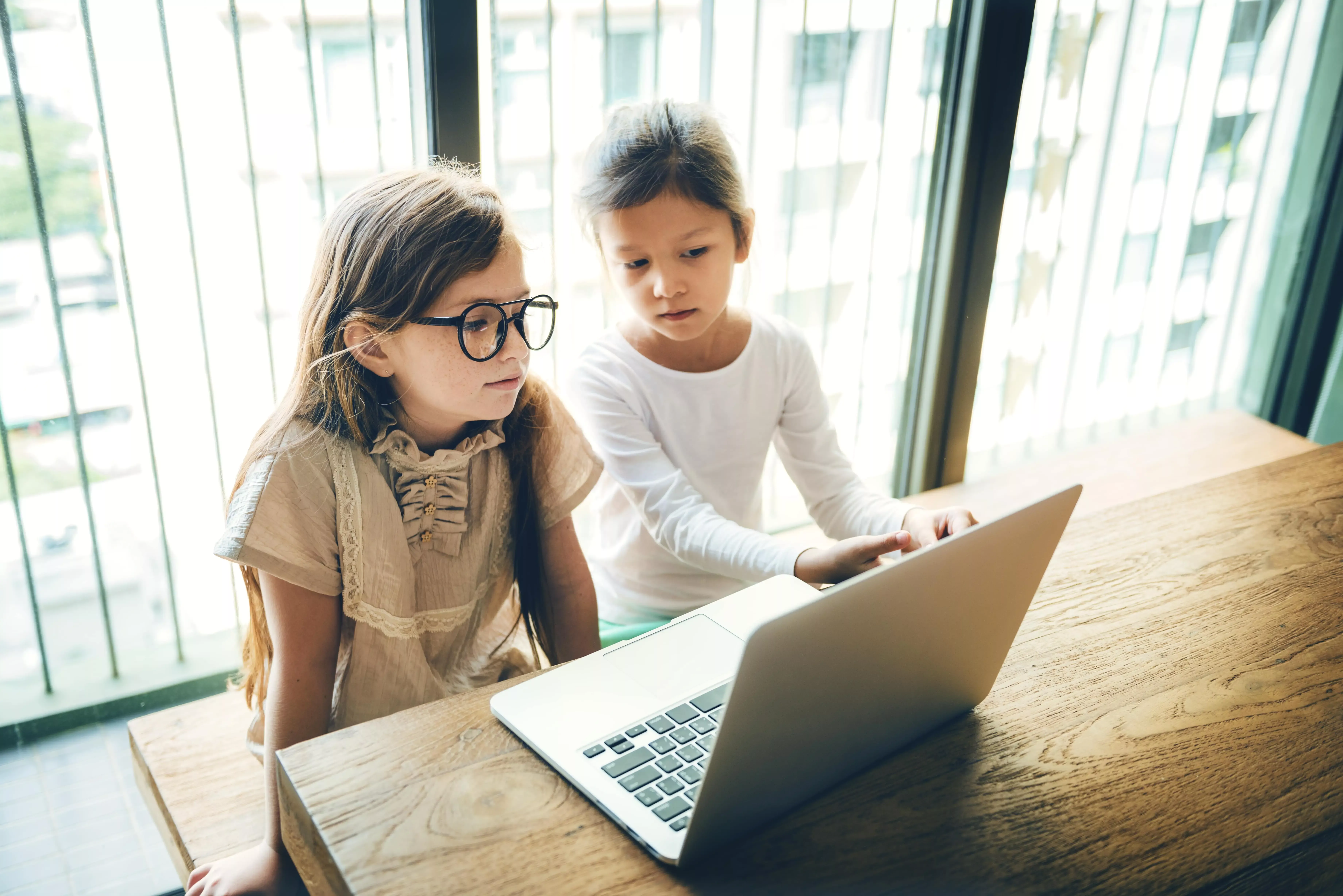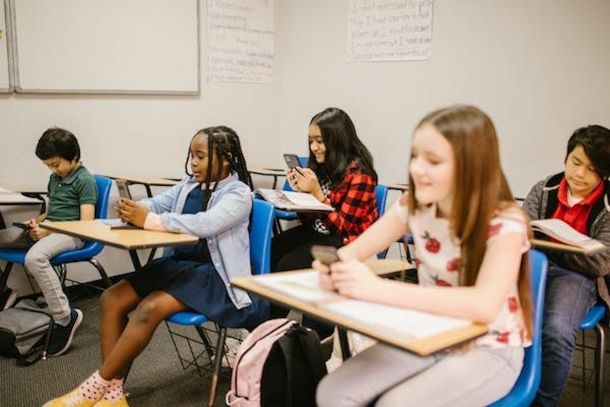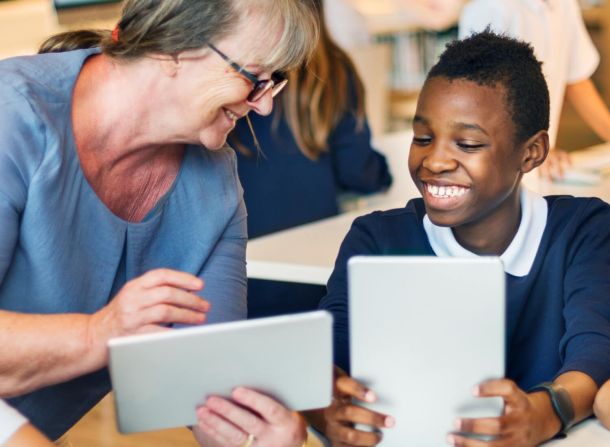
Internet addiction: is this the reality for the 21st century?
Internet addiction, phone addiction or technology addiction. Whatever we call it, we know it's becoming a more and more real thing among kids today.
Is internet addiction real?
Increased internet use is a growing social problem that is being debated worldwide. Internet addiction impacts people's lives by causing neurological complications, psychological disorders and social problems. Surveys in the US and Europe have shown that between 1.5 and 8.2% of the population admit how difficult it is to get away from the internet and, by extension, electronic devices (phones, tablets, laptops).
Internet addiction brings exclusively negative behavioural changes.
Marc Potenza, a Yale psychiatrist and director of the Impulsivity and Impulse Control Disorders Research Program, has researched internet addiction, and his research findings point out that internet addiction, unlike other addictions, brings about exclusively negative changes in people's behaviors. When people spend too much time connected to the internet they exhibit nervousness and anxiety, socially isolating behaviours in real life, reduced ability to concentrate and low levels of engagement in other activities.
Parents' concerns about children's potential internet addiction are justifiable, and experts recommend correctly identifying when little ones become too attached to their screens, monitoring time appropriately, taking into account the age and goals of internet use, and talking openly with little ones about the pluses and minuses of internet use.
Virtual world, real behaviours
"Our brains are hardwired to like new and stimulating things, and the internet captures this," notes Dr. Matthew Cruger, PhD, neuropsychologist and director of the Center for Learning and Development at the Child Mind Institute. "It's easier to turn on the internet and be overwhelmed by the flood of stimuli: colors, sounds, videos, images - than to engage in tasks that, while beneficial, don't feed the brain with an equally high flow of stimuli." he adds.
In research, experts classify the following behaviours as manifestations of internet addiction:
- In research, experts classify the following behaviours as manifestations of internet addiction:
- Sacrifices necessary hours of sleep to spend time online
- Becomes nervous or angry when online time is interrupted
- Prefers online time over time spent with friends or family
- Loses interest in activities that were enjoyable before they went online
What are kids doing online?
Dr. Anderson adds that "most of the activities children engage in online are not necessarily harmful," however, he notes, it is essential that parents or adults in children's lives set appropriate limits on internet and screen time, understand what their children are doing online, in order to feel confident that they are engaging in beneficial tasks.
It is very valuable to look at pupils' progress both from a process perspective and from a bigger picture perspective. Kinderpedia is a very easy-to-use professional tool that allows teachers to assess children's progress at any time and share their achievements with parents in real time. Observations and progress reports give teachers an accurate assessment of each pupil's level at any point in the school year.
Nowadays, children and teenagers have easy access to the internet. Internet use has become a relevant part of everyday life. Research points to the existence of internet addiction behaviours among young people, which is why it is important to help young people to surf the internet in a healthy and age-appropriate way. Using technology to talk to friends, listen to music, explore interests and play games shouldn't be a problem, as long as it's done in balance and in moderation.

Kinderpedia
The complete communication and management solution for schools and childcare centres.
Simplifies teachers' work and brings parents closer to their children's school progress.
Recommended articles
Want to improve your center quality? Kinderpedia is here to help! Not only do we provide thousands of informational content pieces like blog posts, podcasts, webinars and more, we are also makers of the #1 Rated and Reviewed Childcare Software.







